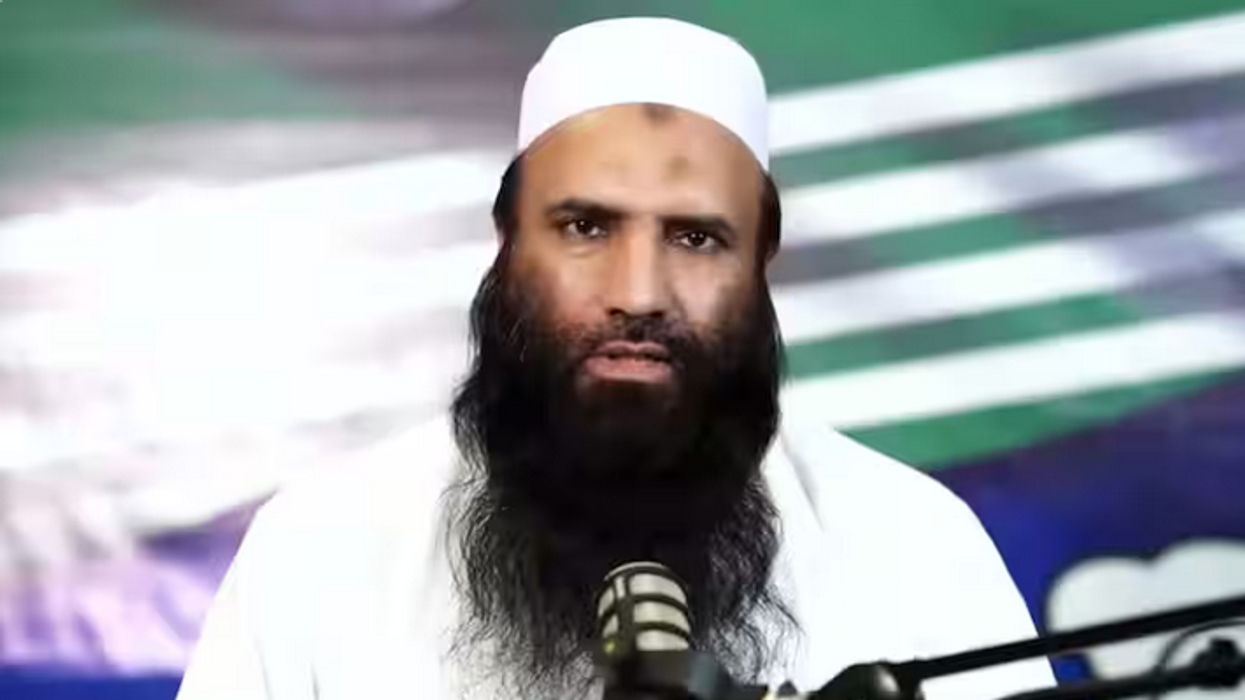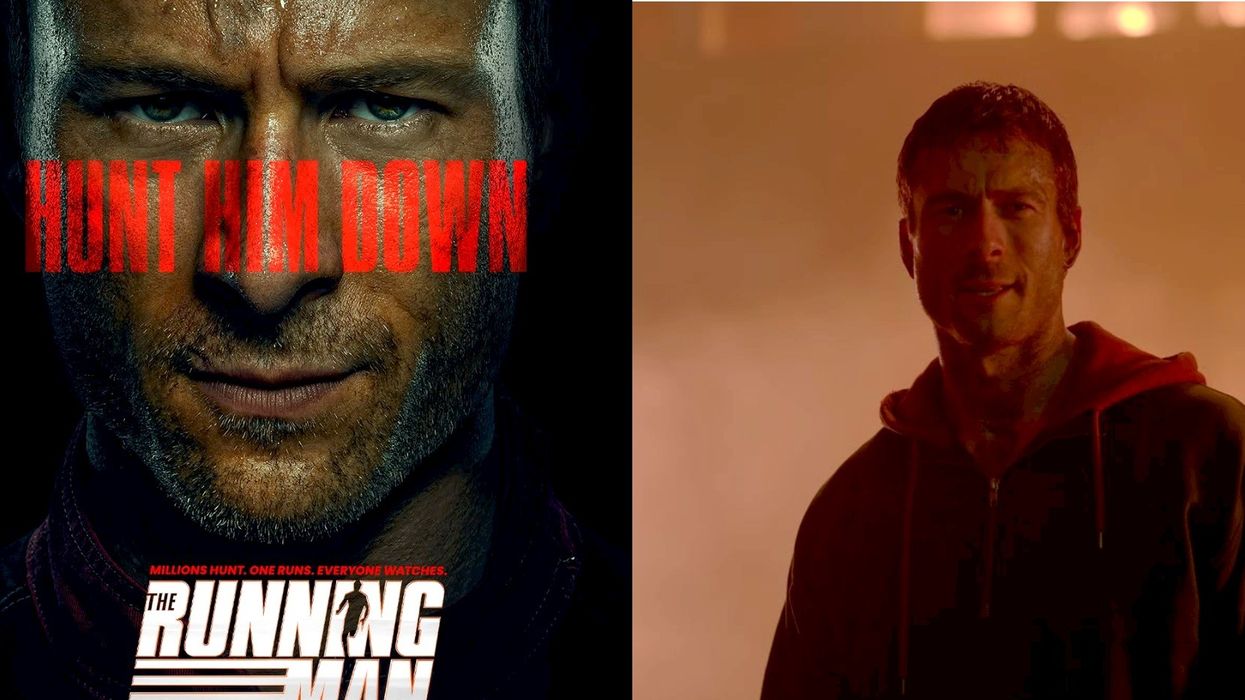THE tourist town of Pahalgam in India's Jammu and Kashmir witnessed one of the worst terror attacks in the region on Tuesday (22) since the abrogation of Article 370. A group of heavily armed terrorists opened fire on unsuspecting tourists at Baisaran meadow, killing 26 people and injuring many more.
The attack sent shockwaves across the country and drew condemnation from leaders both in India and abroad. Within hours, a group known as The Resistance Front (TRF), widely believed to be a proxy of the Pakistan-based Lashkar-e-Taiba (LeT), claimed responsibility.
Intelligence agencies have identified Saifullah Kasuri, also known by his alias Khalid, as the key mastermind behind the attack.
Who is Saifullah Kasuri?
Kasuri is a senior commander of the Pakistan-based terrorist group Lashkar-e-Taiba (LeT). He is a close aide of Hafiz Saeed, the founder of LeT, and plays a key role in the organisation’s political and operational wings.
Kasuri operates out of LeT’s headquarters in Peshawar, Pakistan. He also leads the Milli Muslim League (MML), a political front created by LeT’s parent organisation, Jamaat-ud-Dawa (JuD). During a press conference on August 8, 2017, Kasuri publicly introduced MML and spoke about its objectives. The US Department of the Treasury later confirmed his role, identifying him as a senior figure in both MML and JuD.
JuD, which serves as a front for LeT, has been officially sanctioned as a terrorist organisation. It was designated by the US in April 2016 and was added to the United Nations Sanctions List in December 2008. Kasuri has also served on JuD’s coordination committee for central Punjab, further demonstrating his deep involvement in the group’s leadership.
Two months before the Pahalgam attack, Kasuri reportedly visited Kanganpur in Punjab, Pakistan, near a major Pakistan Army base. He later attended a meeting in Khyber Pakhtunkhwa, where, according to unverified intelligence reports, he delivered a fiery speech promising increased militant activity in Kashmir. In the speech, he allegedly declared that “our Mujahideen will intensify attacks,” and vowed to “capture Kashmir by February 2, 2026.”
Kasuri has previously expressed frustration over what he sees as Pakistan’s weakening stance on Kashmir. Following India’s decision to revoke Article 370 in 2019, which removed Jammu and Kashmir’s special status, Kasuri criticised his country’s decision to scale back LeT’s activities in the region. He blamed this shift on rising violence in Pakistan’s own regions, like Balochistan and Khyber Pakhtunkhwa.
Indian intelligence agencies believe Kasuri carefully planned the Pahalgam attack. The strike coincided with high-profile visits by US vice president JD Vance to India and prime minister Narendra Modi’s trip to Saudi Arabia. The terrorists were said to have lain low before launching a sudden assault, which appeared to be timed for maximum impact.
According to multiple reports, the attack was led on the ground by Asif Fauji, a TRF field commander. Fauji’s background remains partly unclear, though some sources suggest ties to the Pakistan Army. Jammu and Kashmir Police released sketches of three suspected attackers—Asif Fauji, Suleman Shah, and Abu Talha—and noted that some of them were heard speaking Pashto, indicating Pakistani origins, while others were believed to be local operatives.
Formed in 2019 following the revocation of Jammu and Kashmir’s special status, the TRF has tried to present itself as a local resistance group. However, officials maintain it is a cover for LeT operations. India’s Ministry of Home Affairs declared TRF a terrorist group in 2023 under the Unlawful Activities (Prevention) Act.
Since its formation, it has been linked to multiple attacks on civilians, migrant workers, and security forces, and remains one of the most active militant outfits in the region.
The Pahalgam attack appeared highly coordinated. The terrorists had infiltrated the Valley just days before the strike. Wearing local attire and armed with AK-47s and military-grade equipment, they attacked tourists in broad daylight.
Intelligence sources have traced their digital footprints to safe houses in Muzaffarabad and Karachi, further pointing to cross-border support and planning.
Just a few days earlier, Pakistan Army chief General Asim Munir made a speech invoking the Two-Nation Theory and highlighting supposed differences between Hindus and Muslims. Last week, LeT commander Abu Musa addressed a rally in Pakistan-occupied Kashmir, calling for jihad and violent resistance in Kashmir. Indian intelligence believes these speeches were used to signal terror groups to act.
(with inputs from agencies)







 Apsana Begum
Apsana Begum











